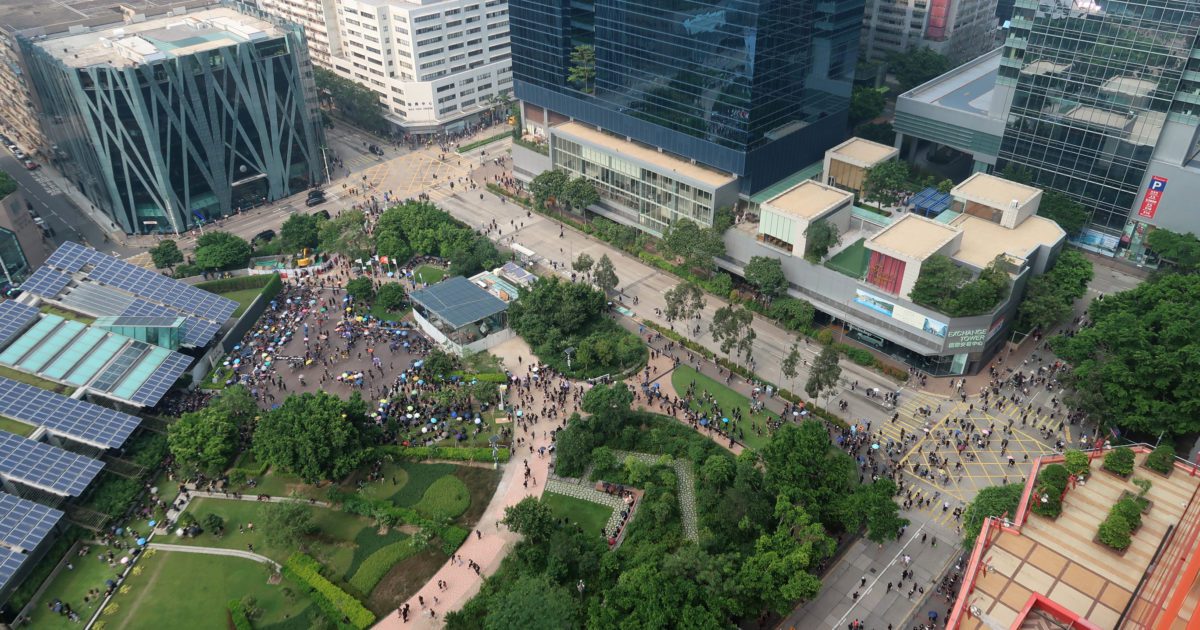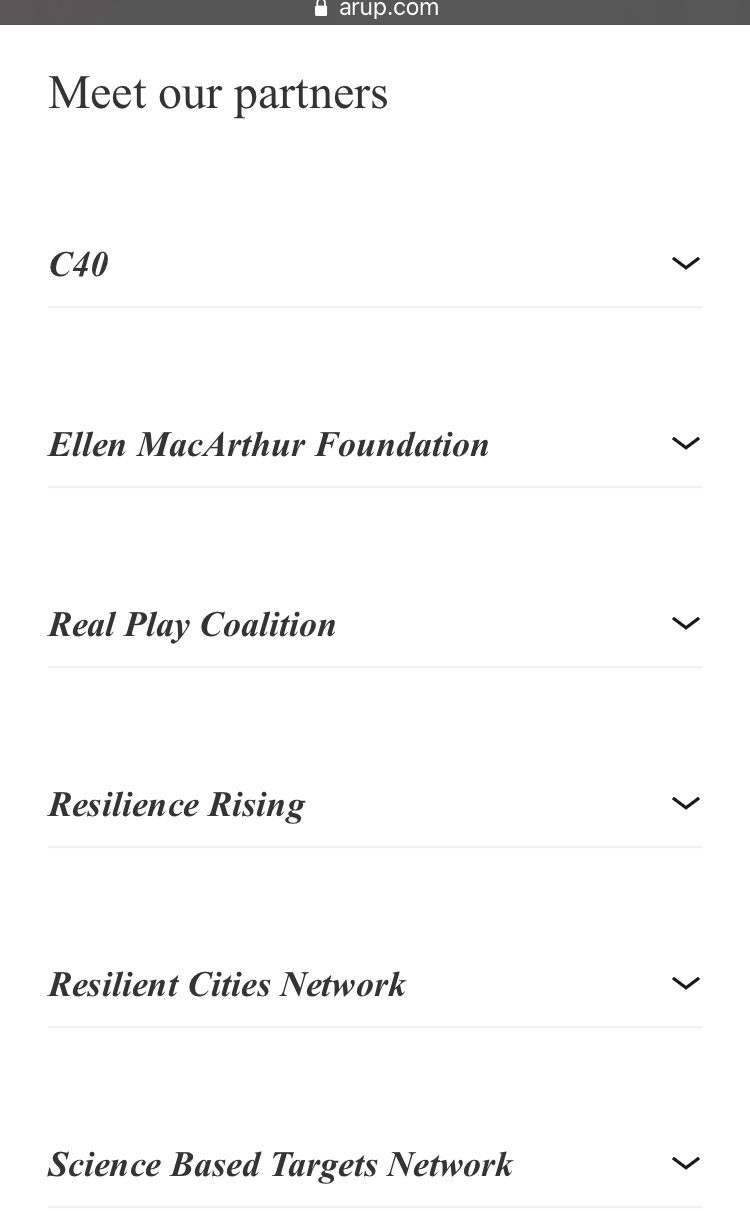A report titled ‘The Future of Urban Consumption in a 1.5C World’ provides insight into the type of totalitarianism desired by climate scammers.
The report has been “co-created and co-delivered by C40, Arup and University of Leeds with funding from Arup, University of Leeds and Citi Foundation.”
From Arup:
New ways of measuring cities’ climate footprints show that C40 cities consumption-based emissions contribute to 10% of global greenhouse gases.
Trending: FACT-CHECK: Is The Butt Baby Real?
This report explores how cities consumption-based emissions need to reduce to avoid a climate breakdown and focuses on six sectors – food, construction, clothing, vehicles, aviation and electronics – where leaders, businesses and the public can take action to change consumption habits, significantly cutting greenhouse gas emissions.
The research sets out science-based targets for cities for GHG emissions reduction that are consistent with the 2015 Paris Agreement ambitions, and identifies key previously untapped opportunities for cities to address the impact of urban consumption whilst delivering multiple other benefits for their citizens. It also maps how urban stakeholders can work together to deliver these changes.
In other words, the climate scammers want you to give up food, vehicles, clothing, electronics, and other goods to ‘cut greenhouse gas emissions.’
Here’s a peek into the report:
GLOBAL CITIES – This is a snapshot of the dystopian future planned for you, by councils & cities all signed up to the great Net Zero con, being pulled by elites.
what you will eat, how many items of clothes you are allowed to buy a year.
All decided for you, by them! pic.twitter.com/BfOh60MXuG
— Elander & the News (@ElanderNews) December 5, 2022
Unsurprisingly, the World Economic Forum is one of the listed partners of Arup.
From the World Economic Forum:
Net Zero Carbon Cities’ mission is to create an enabling environment for clean electrification and circularity, resulting in urban decarbonization and resilience.
The program aims to do this by fostering public-private collaboration to bridge the gap across the energy, built environment and transport sectors.
Read the full ‘The Future of Urban Consumption in a 1.5C World’ report HERE.









Join the conversation!
Please share your thoughts about this article below. We value your opinions, and would love to see you add to the discussion!